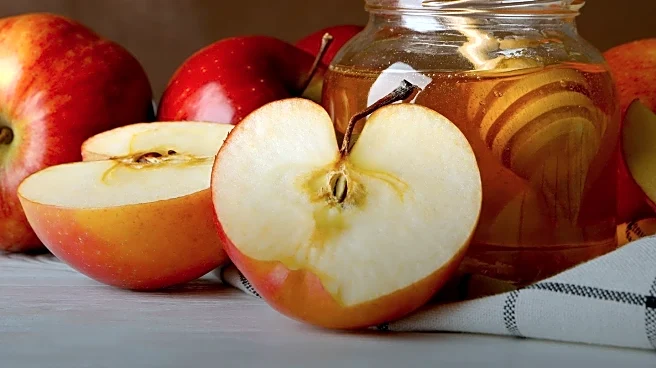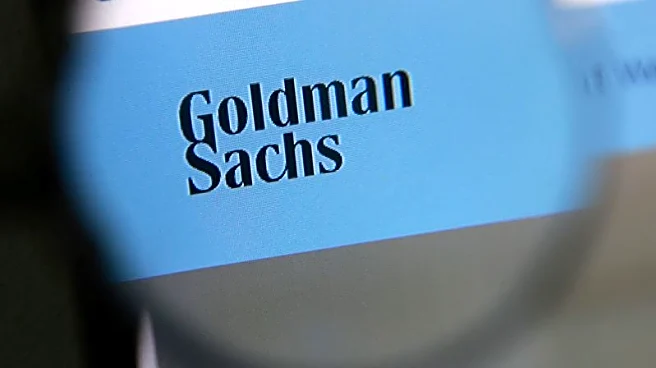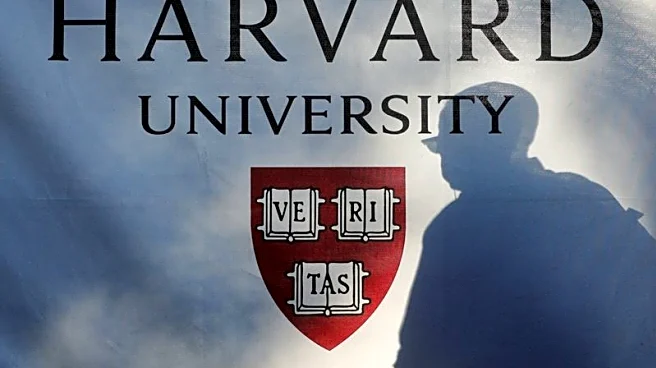What's Happening?
Rosh Hashanah 2025 will begin on Monday evening, September 22, and conclude on Wednesday evening, September 24. This Jewish holiday, marking the start of the new year, is observed for two days both in Israel and globally. The holiday involves various customs and traditions, including candle lighting, festive meals, and the blowing of the shofar. The shofar, a ram's horn, is sounded during the day as part of the morning prayers. The holiday also includes symbolic foods known as simanim, which express hopes for the year ahead. These foods are accompanied by prayers that reflect aspirations for prosperity, fertility, and the removal of sins.
Why It's Important?
Rosh Hashanah holds significant cultural and religious importance for Jewish communities worldwide. It is a time for reflection, prayer, and renewal, marking the beginning of the Jewish calendar year. The observance of traditions such as shofar blowing and the consumption of symbolic foods fosters a sense of community and continuity among Jewish people. Additionally, the holiday's themes of repentance and hope resonate with broader societal values, encouraging individuals to reflect on their actions and aspirations for the future. The celebration of Rosh Hashanah also highlights the rich cultural heritage and religious practices of Judaism.
What's Next?
Following Rosh Hashanah, the Jewish community will prepare for Yom Kippur, the Day of Atonement, which is observed ten days later. This period, known as the Ten Days of Repentance, is a time for introspection and seeking forgiveness. Communities will continue to engage in prayer and reflection, culminating in the observance of Yom Kippur. The traditions and practices of Rosh Hashanah will set the tone for this period, emphasizing themes of renewal and spiritual growth.










